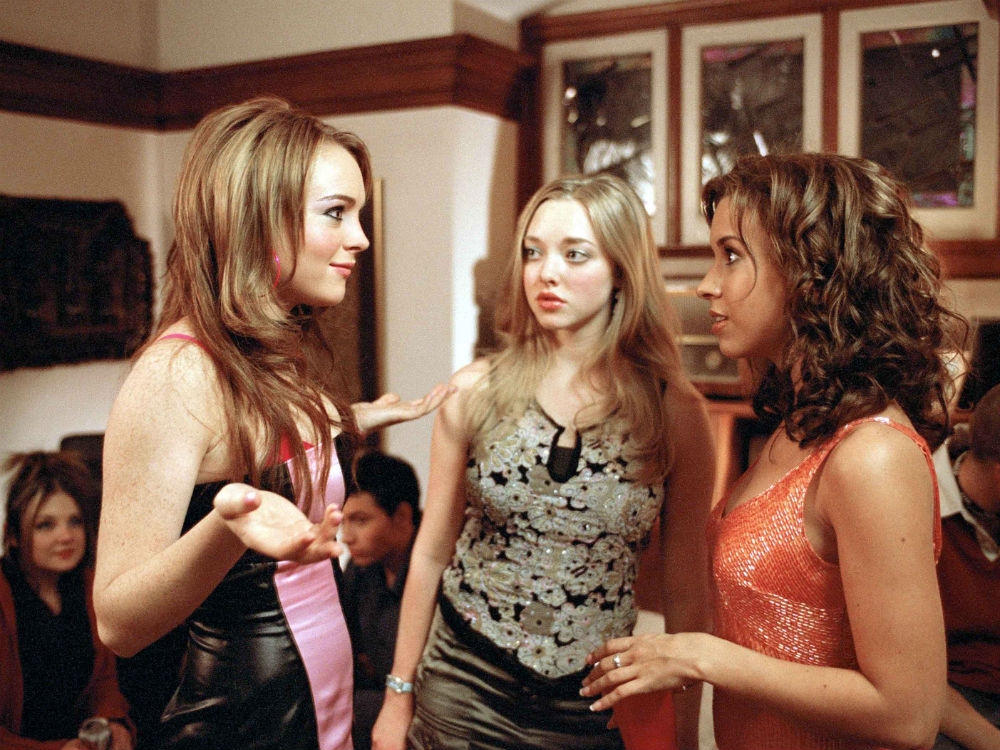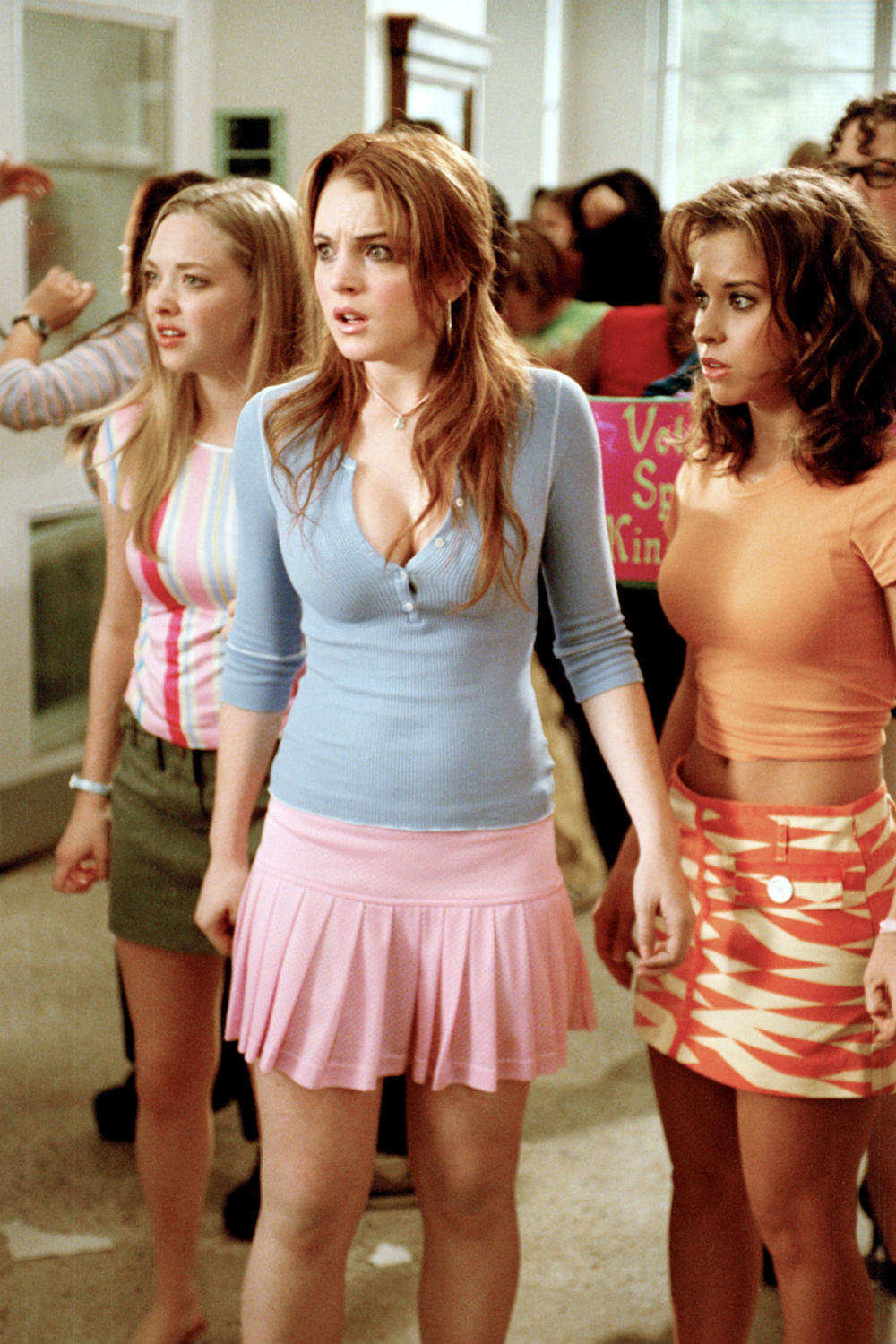Why bitching is actually good for you
We've been bitching since the Stone Age, but it's actually far more beneficial than you think (so talk to my back)

Celebrity news, beauty, fashion advice, and fascinating features, delivered straight to your inbox!
You are now subscribed
Your newsletter sign-up was successful
We've been bitching since the Stone Age, but it's actually far more beneficial than you think (so talk to my back)
Think back to the last big bitch you had about someone. Why did you do it? Probably because you were annoyed about something a person you know had done, but just not quite annoyed enough to deal with the emotional fallout of telling that person to their face. So off you went with so-and-so (who will definitely understand) into a quiet corner and let rip.
But did you get a little stab of guilt afterwards when you saw the object of your anger in person? Well, perhaps it's time to stop feeling that guilt. In fact, evidence suggests we need to stop feeling bad about bitching altogether.
Social psychologists have discovered a good rant isn’t just therapeutic – it’s a crucial part of human bonding. ‘When we talk about someone behind their back, an emotional bond develops with the person we’re speaking to,’ says lecturer Dr Jenny Cole. ‘And that bond is stronger when the information is negative.’ Why? ‘Because it’s riskier to share a negative view, so the trust between you and that person becomes greater,’ Dr Cole explains, adding that bitching goes back to when we evolved from apes and developed the ability to speak. Gossip replaced grooming (the bonding ritual of primates) as an important way for individuals to interact – ‘Did you notice Og didn’t pull his weight when we were hunting that mammoth yesterday?’
‘Carried to extremes, [bitching] can of course be harmful,’ adds Robin Dunbar, professor of Evolutionary Psychology at Oxford University. ‘But I think its primary function is to maintain the stability of the little community you belong to by establishing a collective view. If so-and-so is behaving in a way you think is wrong, you hope eventually they’ll get to hear of it through the group.’

So while you might talk about someone because you don’t want to confront them directly, subliminally you’re probably hoping the message will get through in some other way.
Of course, there are still a few issues to bear in mind before you let rip. Professor Dunbar believes online communication has made bitching more complex – and needs to be treated accordingly. ‘In person we’ll say, “Did you hear about what X did?” and whether or not we carry on will be based on the body language and expressions of the other person,’ he says. ‘Online, we don’t get that feedback, which is why you often get a lot of people hitting “send” before they’ve really considered the response!’
Celebrity news, beauty, fashion advice, and fascinating features, delivered straight to your inbox!
So if bitching is unavoidable, what’s the best way to respond if you’ve been on the receiving end? A face-to-face chat is traditionally thought of as the healthiest way to tackle someone, but Dr Cole says the best policy might be to ignore it. ‘If you watch what happens in the Big Brother house, there’s so much bitching it gets to the point where people confront each other, and the results? Absolute chaos!’
So next time you want to moan about someone, tell it to their back, guilt-free.
The leading destination for fashion, beauty, shopping and finger-on-the-pulse views on the latest issues. Marie Claire's travel content helps you delight in discovering new destinations around the globe, offering a unique – and sometimes unchartered – travel experience. From new hotel openings to the destinations tipped to take over our travel calendars, this iconic name has it covered.